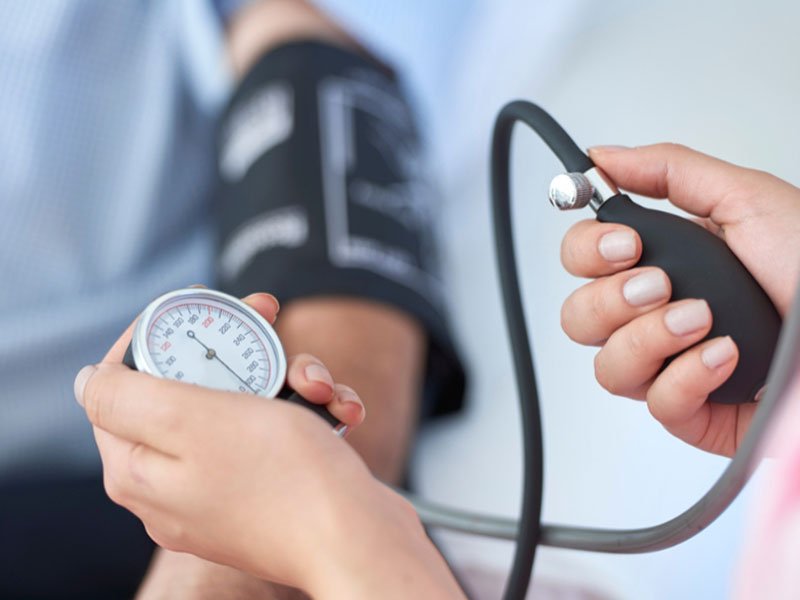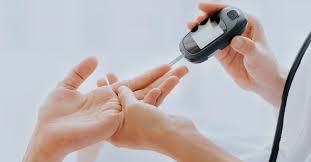Appropriate treatment for hypertension could avert 76 million deaths globally by 2050: WHO

Geneva, Switzerland – The World Health Organization (WHO) has issued its first-ever global report on the impact of high blood pressure, also known as hypertension, revealing it as one of the leading risk factors for death and disability worldwide. The report emphasizes the urgent need to address this “silent killer” and offers recommendations for effective prevention and management.
Hypertension is defined as a blood pressure reading of 140/90 mmHg or higher, and it currently affects one in three adults globally, according to the WHO report. This condition often leads to severe health complications, including strokes, heart attacks, heart failure, and kidney damage.
Dr. Tedros Adhanom Ghebreyesus, the WHO director-general, stated, “Hypertension can be controlled effectively with simple, low-cost medication regimens, and yet only about one in five people with hypertension have controlled it.”
High-performing countries like Canada and South Korea have already implemented comprehensive national hypertension treatment programs, resulting in over 50% of adults with hypertension having their blood pressure under control.
The WHO estimates that increasing the number of people effectively treated for hypertension to levels seen in these high-performing countries could prevent a staggering 76 million deaths between 2023 and 2030.
The report recommends a multifaceted approach to prevent and manage hypertension. This includes promoting healthier lifestyles by adopting a balanced diet, maintaining a healthy weight, refraining from alcohol and tobacco use, and engaging in regular physical activity. These strategies should be incorporated into specific settings such as schools and workplaces to encourage healthier choices.
Another critical tactic involves reducing daily sodium intake. The WHO suggests that reducing salt consumption is a powerful way to prevent heart attacks and strokes. The recommended daily sodium intake varies by country, but the WHO advises consuming less than 2,000 milligrams per day. However, the global average salt intake currently exceeds this recommendation, standing at 10.8 grams per day.
In the United States, the Centers for Disease Control and Prevention (CDC) recommends limiting sodium intake to less than 2,300 mg per day. Unfortunately, the average American consumes over 3,400 mg of sodium daily.
In 2013, all 194 WHO member countries committed to reducing sodium intake by 30% by 2025. However, a recent report revealed that only 5% of these countries had implemented comprehensive sodium-reduction policies. The United States scored a rating of 3 out of 4 for having at least one mandatory sodium policy and declaring sodium content on pre-packaged food items.
Hypertension is prevalent in the United States, affecting approximately 32% of individuals between the ages of 30 and 79. The WHO report estimates that effectively controlling hypertension could prevent 1.2 million US deaths by 2040. To achieve a 50% control rate, an additional 693,000 people with hypertension would need effective treatment.
Dr. Tom Frieden, president and CEO of Resolve to Save Lives and former CDC director, highlighted the gravity of the situation, stating, “Every hour, more than 1,000 people die from strokes and heart attacks. Most of these deaths are caused by high blood pressure, and most could have been prevented.”
In addition to the human toll, hypertension and its complications result in substantial costs for patients, healthcare systems, and national economies worldwide. Dr. Frieden stressed the importance of commitment from governments worldwide, stating, “Good hypertension care is affordable, within reach, and strengthens primary health care. The challenge now is to go from ‘within reach’ to ‘reached.'”



















Facebook Comments